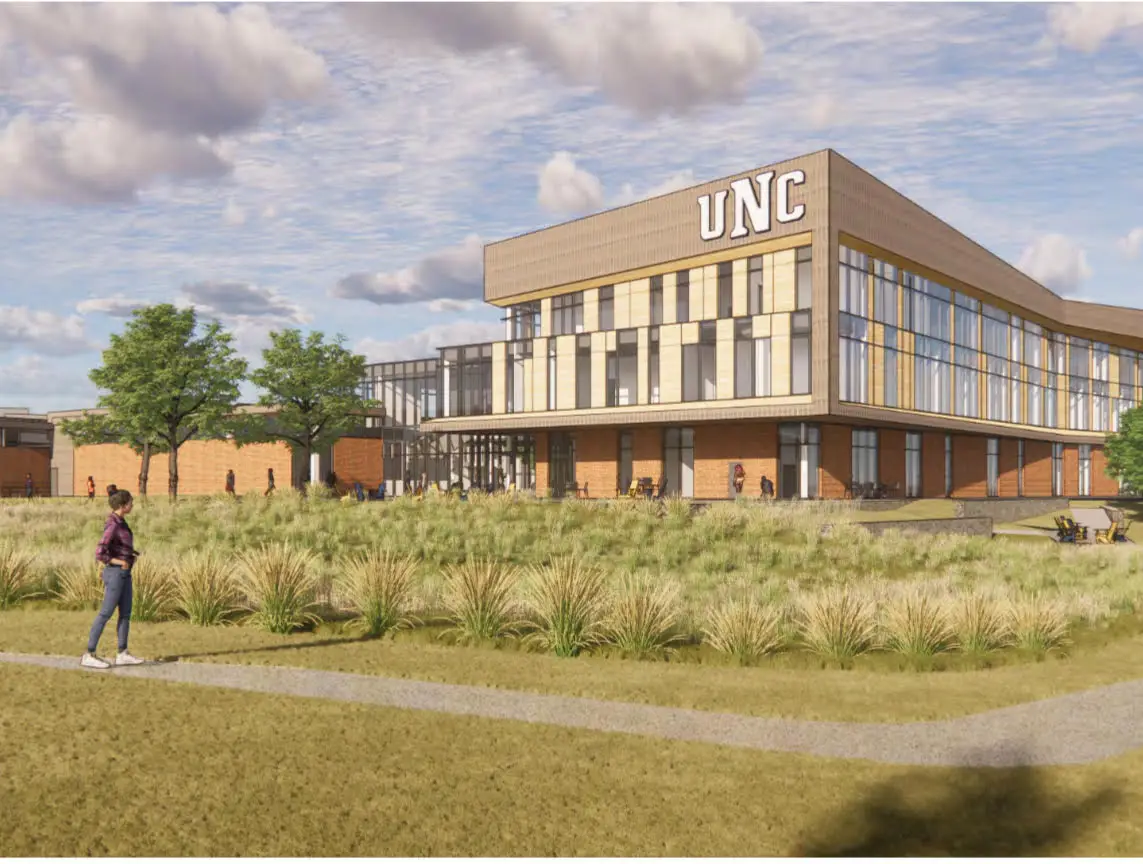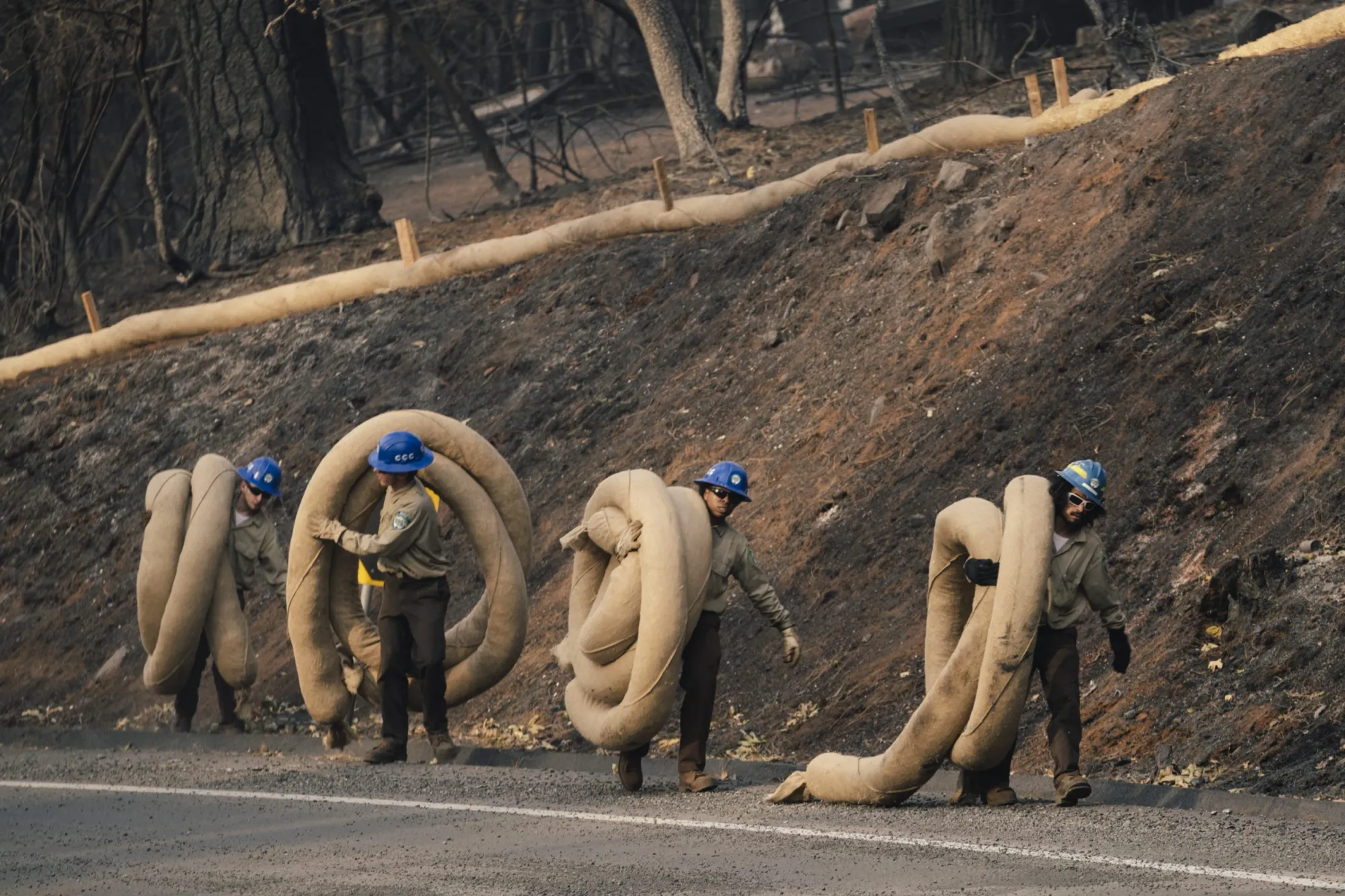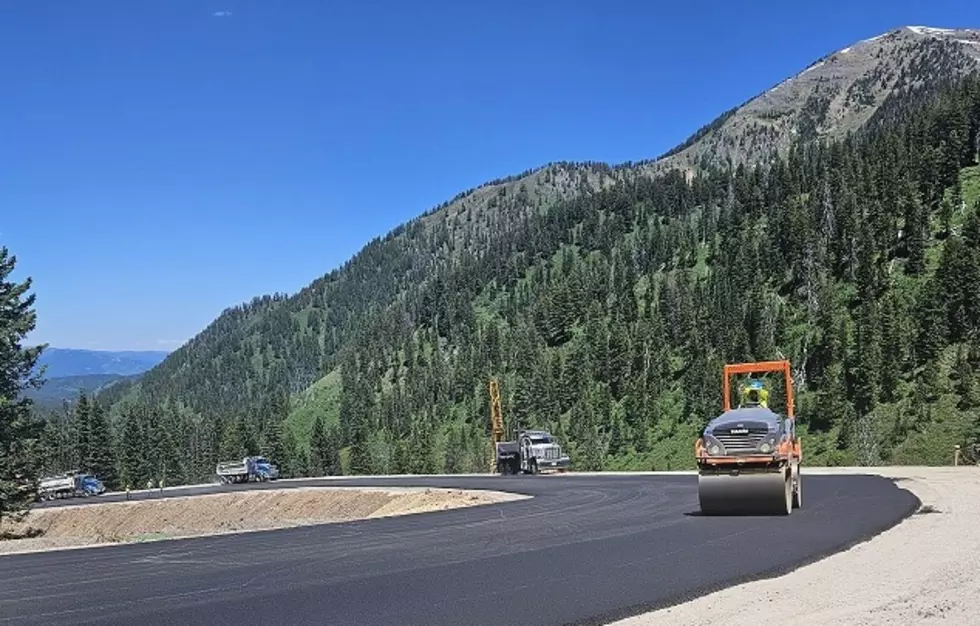06/27/24
Best of the West: Addressing the physician shortage; mental health rebounds; the first class of American Climate Corps; a fix for Teton Pass; and riding with Cherokee history

The Western Governors' Association keeps you updated on the latest news in the West. Here are the top stories for the week starting June 24, 2024. (Photos courtesy of Adobe Stock Images, University of Northern Colorado, Wake Up Wyoming, and Mason Trinca for The Washington Post via Getty Images).
The Association of American Medical Colleges (AAMC) recently released a report projecting that the country will face a physician shortage of up to 86,000 physicians by 2036. Today, 100 million Americans do not have a primary care doctor, and that number has doubled in the past decade.
AAMC’s president, David Skorton, put it this way: “It is clear that both sustained and increased investments in training new physicians are critical to mitigating projected shortfalls of doctors needed to meet the health care needs of our country. Most importantly, if additional investments critical to increasing the supply of physicians fail to materialize, projected shortfalls of doctors will be larger than presented in this latest report.”
In the West, physician shortages are straining primary care services, especially in more rural areas and on tribal land. To address these shortages, western states are developing innovative ways to ensure care is available across the region.
One such solution is to increase the capacity of physician’s assistants (PAs) to work across state lines and via telehealth. The physician’s assistant position was created in the 1960s with the idea that PAs could help reduce the strain on the healthcare system in the event of a physician shortage. While PAs can’t do everything a doctor can do, they are able to take on much-needed tasks like examinations, writing prescriptions, and running tests.
Now, staring down a nationwide physician shortage, states across the country, including five in the West, have signed onto a compact that would allow PAs to work across state lines with a single license. The agreement will also enable them to administer care via telehealth outside the bounds of their state and provide behavioral health services, which are badly needed in many areas of the country.
In the West, Colorado, Utah, Washington, Oklahoma, and Nebraska have enacted the compact to allow PAs to provide care out-of-state. These five join seven other states across the country, which would allow providers to be able to give care in every state that is a member of the compact. It’s estimated that licensing for the agreement could begin in 2025.
In Colorado and Kansas, new university programs are helping to recruit and train the next generation of medical professionals. The Colorado legislature recently passed a bill to help create a new medical college at the University of Northern Colorado and boost healthcare training at other higher education institutions around the state.
bill to help create a new medical college at the University of Northern Colorado and boost healthcare training at other higher education institutions around the state.
“Colorado will train more world-class doctors, nurses, veterinarians, and other health professionals to provide Coloradans with the care they need,” Governor Jared Polis said about the new medical school. “These new opportunities will attract students from Colorado and across the country to our communities, strengthening our healthcare workforce and supporting our economy.”
In neighboring Kansas, Wichita State University recently signed an admissions agreement with the state’s Health Science Center and College of Osteopathic Medicine to address the physician shortage. The program will allow some students to speed up their studies to complete both an undergraduate program and a medical degree in seven years.
In New Mexico, lawmakers passed a bill to fast-track the licensing process for doctors who want to move there from out-of-state. The bill, which passed unanimously, joined another bill in the state that appropriates millions of dollars to the Department of Higher Education to help recruit students into the medical profession and build much-needed medical infrastructure.
Similar strategies are underway in Nevada, where the University of Nevada-Las Vegas (UNLV) is working with Governor Joe Lombardo to fund more residency positions in an effort to retain more doctors. UNLV is also looking to hire as many as 80 new positions in its medical school to increase enrolment in the future.
Mental health rebound: After mental health figures dipped around the COVID-19 pandemic, new youth mental health data from Axios shows positive signs in western states.
In Utah, the number of students feeling sad or hopeless has nearly returned to pre-pandemic levels. In Colorado, the number of students who reported feeling sad or hopeless almost daily has dropped to its lowest level since the survey began in 2013. In Washington state, 59% of students say they have an adult to turn to when feeling depressed, compared to 50% just two years ago.
The director of the Centers for Disease Control and Prevention’s Division of Adolescent and School Health, Kathleen Ethier, says that these results show that dedicating more resources to student wellbeing during the pandemic has started to pay off.
Climate Corps: The first class of the American Climate Corps (ACC) was sworn in recently, with most of the positions located in the West. The ACC is modeled after Franklin D. Roosevelt’s Civilian Conservation Corps. Its goal is to create thousands of jobs for young people while simultaneously working to address the effects of a changing climate.
With the program setting its sights on employing 20,000 people in positions through federal, state, local, and nonprofit partnerships, 9,000 young people are expected to be in their roles with the Climate Corps by the end of the month.
 The majority of Climate Corps positions are located in the West, with more than half of all the posted jobs located in the region. Most positions are staffed through state or nonprofit entities, such as the Montana Conservation Corps or the Great Basin Institute. Thirteen states, including Arizona, California, Colorado, New Mexico, Utah, and Washington, have also introduced their own state-level climate corps, using a combination of state and federal funds.
The majority of Climate Corps positions are located in the West, with more than half of all the posted jobs located in the region. Most positions are staffed through state or nonprofit entities, such as the Montana Conservation Corps or the Great Basin Institute. Thirteen states, including Arizona, California, Colorado, New Mexico, Utah, and Washington, have also introduced their own state-level climate corps, using a combination of state and federal funds.
Chips in Colorado: The computer chip manufacturer, Entegris Inc., was recently awarded $75 million in federal funds from the CHIPS and Science Act to expand chip manufacturing in Colorado Springs. The company has broken ground on a 130,000-square-foot manufacturing facility on the site of a former Hewlett-Packard factory.
The Colorado Springs plant will specialize in manufacturing special cases for delicate silicone computer chips, which will aid in transportation and handling during the manufacturing process.
Entegris Inc. marks the second large computer chip company to make the move to Colorado Springs after Microchip Technology chose the city to expand its microchip-related manufacturing, with the help of $90 million in CHIPS and Science funding.
In hopes of spurring similar projects throughout the region, Western Governors expressed their support for measures in the Building Chips in America Act, which would streamline the environmental review process for projects receiving funding under the CHIPS and Science Act of 2022, while protecting environmental resources, ensuring public participation, and facilitating timely decision making. Read the Governors' letter of support here.
Teton Pass: Just three weeks after a landslide washed out a section of road on the 8,431-foot-high Teton Pass in Wyoming, the road is expected to reopen to traffic. The pass, which connects Jackson, Wyoming, with Victor, Idaho, is a vital corridor for workers and visitors in the two towns.
 Victor residents who work in Jackson have reported making an 86-mile commute around the mountains since the pass has been closed. Crews have been working 24/7 for weeks to construct a detour around the damaged section of road, which is now set to open. Wyoming is likely to qualify for federal funding covering 90% of the $30 million that it will take to finish permanent reconstruction on the pass.
Victor residents who work in Jackson have reported making an 86-mile commute around the mountains since the pass has been closed. Crews have been working 24/7 for weeks to construct a detour around the damaged section of road, which is now set to open. Wyoming is likely to qualify for federal funding covering 90% of the $30 million that it will take to finish permanent reconstruction on the pass.
Cherokee history: The Cherokee Nation welcomed home 17 cyclists who rode the 950-mile trail that their ancestors were forced to walk nearly 200 years ago. The group, which included ten Cherokee Nation citizens and seven Eastern Band of Cherokee Indians, started in New Echota, Georgia, and visited historical sites along the trail. Known as the Remember the Removal Bike Ride, this year was the 40th time that Cherokee riders have completed the route.